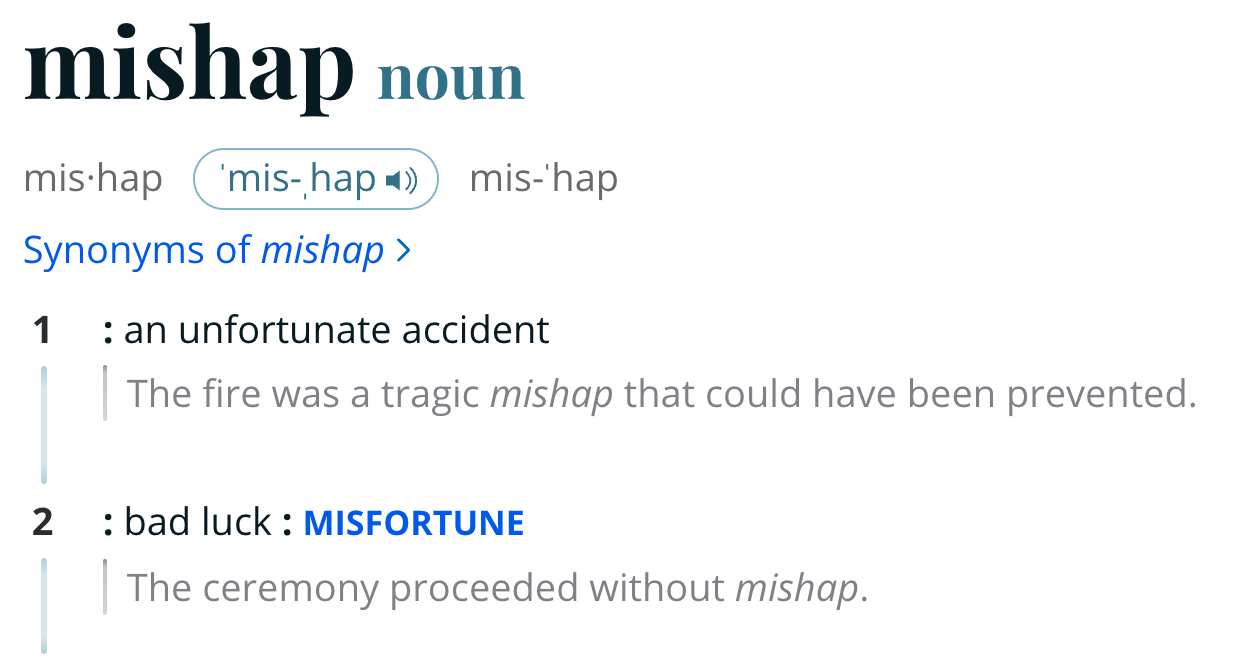Writing Battle 2025 Spring Microfiction
It’s that time again — another peer-based bout at Writing Battle, woot! I love these guys! — and this time around, my story rounds a dark corner to submerge into a shady London pub. My cards were pretty good; I only needed to swap out the Character card to get Trendsetter.
When I wrote Garnish, I wanted to explore a different shade of the word mishap than what was offered by Writing Battle’s definition.
Assuming many of my competitors would write zany, slapstick stories, I wanted to subvert reader expectations and delve into a darker side of dating apps. I wanted to offer a quieter, more corrosive definition of the word' mishap,' and write a story about misfortune and bad luck.
One side of this coin is my female protagonist, Allie. A busy London socialite, Allie isn’t clumsy or even particularly sheltered. She’s calculated, and her mishaps aren’t happy accidents that end with a feel-good moment — they’re patterns of self-sabotage. I wanted to portray her bad choices as being wrapped in good intentions, framing her desires, needs, and self-deception as a kind of emotional roulette satisfied by the dating app. After all, real misfortune isn’t rejection or heartbreak. It’s how easily we convince ourselves we’re in control.
The other side of this coin is Hugo, my soft-touch guy, filled with hope and sincerity. He genuinely wants to meet the girl of his dreams, and, like anyone else in our modern era with little time, he wishes to find her on a dating app. He’s a nice guy, an amateur magician, filled with yearning for a genuine connection in a world that increasingly rewards performance over presence. Yet it’s precisely his openness, his willingness to be seen, that renders him vulnerable.
From the get-go, we’re shown how Allie uses connections to fulfill her endless desires. Hugo becomes collateral, a means to an aesthetic end, a placeholder to fund a fantasy. In a cruel irony, Hugo’s naive authenticity is what makes him expendable.
Jasper Quill is a poet-mixologist, my trendsetter. He dishes up complex, expensive cocktails while writing snazzy poems on the back of drink coasters. He functions less as a fully realized character and more as an intoxicating symbol, for he’s all allure without substance: a sensual mirage built on a sexy Instagram feed, artisanal drinks, and flirtation. In Garnish, Jasper embodies the seductive power of performance, the kind of man who knows precisely how to manipulate desire without ever offering intimacy.
Jasper is a literary foil to Hugo’s sincerity. Where Hugo is eager and emotionally accessible, willing to reach for Allie, Jasper is polished, enigmatic, and emotionally vacant; Jasper doesn’t need to pursue Allie. He knows she (and others) will pursue him. In that way, Jasper is the embodiment of what Allie chases: not love, not connection, but the aesthetic of longing itself. He catalyzes her unraveling through inaction, simply by being just unattainable enough to keep her chasing; present enough to keep her from looking inward.
Allie uses the dating app to find men (like Hugo) who’ll pay for what she wants, although she’s not entirely sure what she wants, and I play on that want with a haiku from Jasper.
“You wear want like silk,
yet never ask who wove it.
Why aren’t you naked?”
Allie’s voice in the opening half of the story is brittle but witty, cloaking her detachment in irony. She’s bored and endures the date with Hugo more than enjoys his company; she is, after all, treating Hugo as a means to an end — an ATM with a pulse. I’m trying to disarm the reader and get them to think this is a regular “Dating App Mishap” story.
But the haiku marks a rupture in tone to expose her hunger. Jasper’s verse, flirtatious on the surface, carries an unsettling undercurrent, reframing Allie’s romantic life as something hollow and pitiable. As Jasper recognizes her as a frequent customer, the haiku acts as a mirror reflecting on what she’s truly offering Hugo and why. It is no accident that the drink follows immediately after the poem; she doesn’t sip it, she glugs it, “pairing” it with the haiku as though trying to drown the recognition of herself Jasper’s forced upon her.
At this moment, the story slips into Allie’s interiority, downshifting from satire to something sadder, where Allie’s detachment is revealed not as a strength but as a defense mechanism built upon self-disgust and longing. It’s a call-back to the hedgehogs mentioned earlier in the piece. Here’s where I’m trying to subvert reader expectation.
The story is unfortunate — it’s a mishap, misfortune for both Allie and Hugo (who is treated like a garnish), but Allie most of all. Still, don’t pity Hugo; for the low price of fifty quid, he gets to walk away.
I hope the story reminds us that beneath the curated veil of modern dating lies an unspoken tension: to want love is human, but to show that want is to risk being used by those who’ve already bartered their humanity away. It’s an old story, but the app only makes the act of using people (and spiraling out of control) 10x more efficient.
We’ll see how it goes! Final results are due out in just a few hours, I think.
R
2025.06.06
Good News, Everyone!
The story received 8/10 in the peer-based judging rounds and will move on to the finals this Sunday! Hot dog!
2025.06.08
Garnish did really well, landing in the Elite Eight, the top eight of ~400 stories in the genre!
Fantastic! I look forward to next week, when another one of my stories is winding its way through the pro judging process. Fingers crossed!





